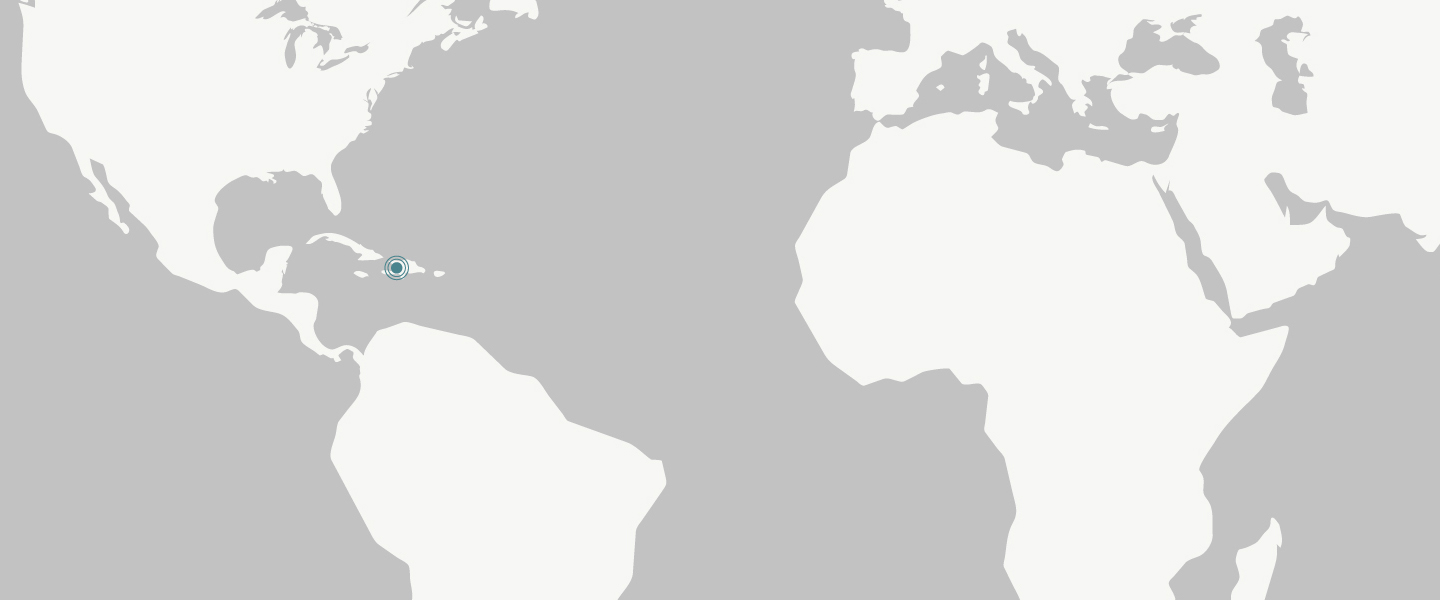The flooding of international aid into Haiti post the 2010 earthquake brought with it the first Cholera epidemic the country had seen in over 100 years. The healthcare facilities across the country were not equipped for treating such a highly transmissible disease. In 2013 Hôpital Universitaire de Mirebalais (HUM) opened its doors, the University Hospital is a Ministry of Health facility, built in partnership with Partners In Health/Zanmi Lasante. Zanmi Lasante, Partners In Health Haiti branch, works closely with the ministry of health and serves over a million patients annually. After hurricane Matthew hit Haiti in 2016, there was an insurgence of Cholera across Haiti due to the toll the storm took on the country’s already fragile sanitation and water systems. During the peaks of the outbreaks, HUM did not have the infrastructure needed to support Cholera care, so they partnered with the hospital down the road that was able to take on the patient care. To better support the patients they serve onsite, Zanmi Lasante and PIH initiated the design and build of a cholera treatment center.
Hôpital Universitaire de Mirebalais
Zanmi Lasante | Partners in Health
Mirebalais, Haiti
September 2018
Healthcare
Architecture, implementation
Build Health International Project
The new facility is strategically placed near the entry of the campus to isolate infectious patients and prevent the spread of cholera. Zanmi Lasante worked with Build Health International to design and build a 21-bed facility on the HUM Campus to serve Cholera patients. The facility is designed with infection control principles to ensure that quality care is being provided while staff remains safe. The building has a roof pop-up that brings in natural light and aids in passive airflow strategies.
Due to a vaccination effort post-hurricane Matthew, the number of Cholera incidents in Haiti has been significantly reduced, with HUM seeing now active cases for an extended period of time. With the onset of the COVID-19 outbreak, the facility was able to transition to an isolation ward for positive COVID patients and provide a healthy environment for them to isolate and recover. The flexibility of the use of the space will allow HUM to adapt and be able to respond to a myriad of healthcare challenges they may face.
